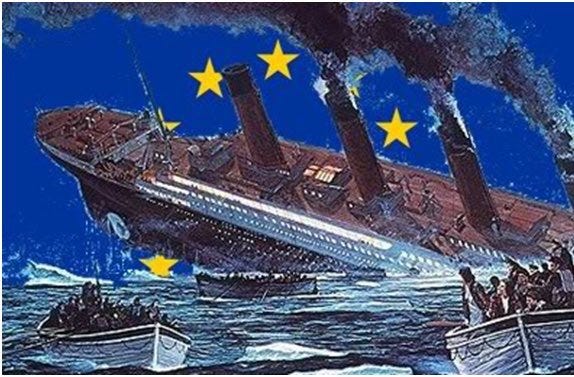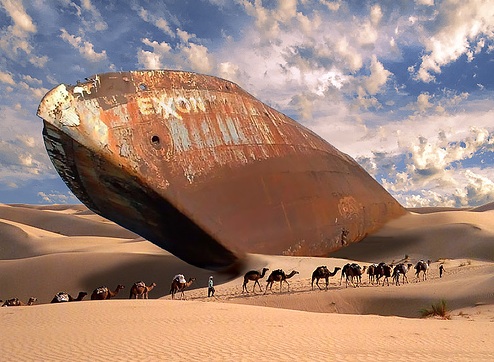Last July, following a 3-hour call with with the German firebrand MEP Christine Anderson, I published the article, “A small short: the coming collapse of the air travel industry,” about the strange epidemic of travel chaos at airports around the western world. The contention from three industry insiders on that call was that the chaos was being deliberately orchestrated to destroy the air travel industry. They presented detailed and compelling evidence for their contention.
Of course, any such conspiracy theorizing tends to elicit raised eyebrows among the normies. Evidence or no evidence, they reject whatever can’t be linked to “credible sources” in legacy media (by contrast, they’ll accept the official narratives even on statements attributed to unnamed officials). The dismissal of any suggestion that there might be a planned agenda to destroy an entire industry usually leads with the question, “who would do such a thing?“
Continue reading



